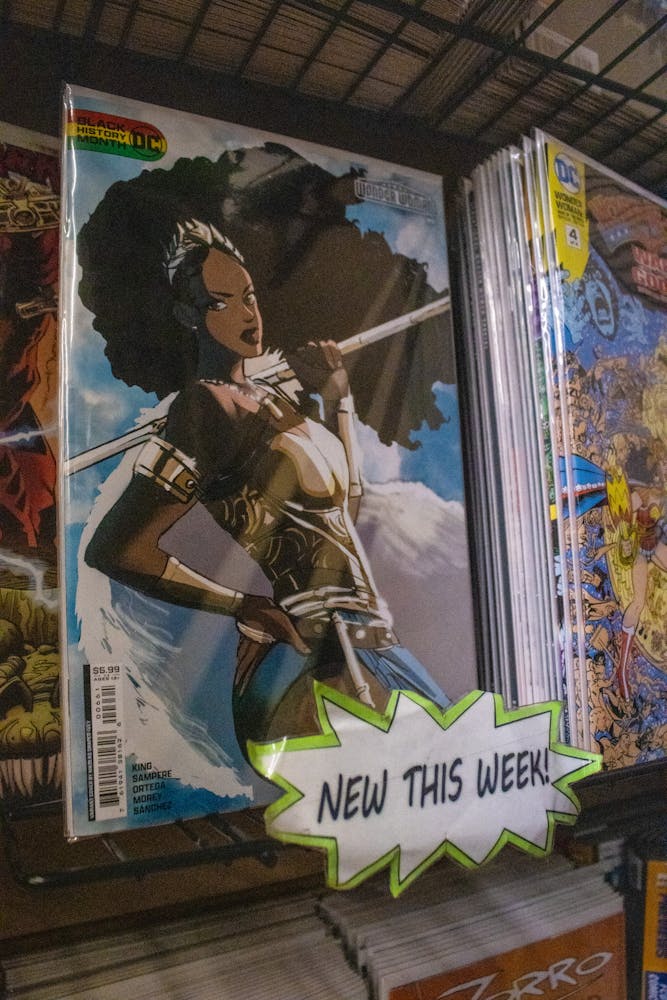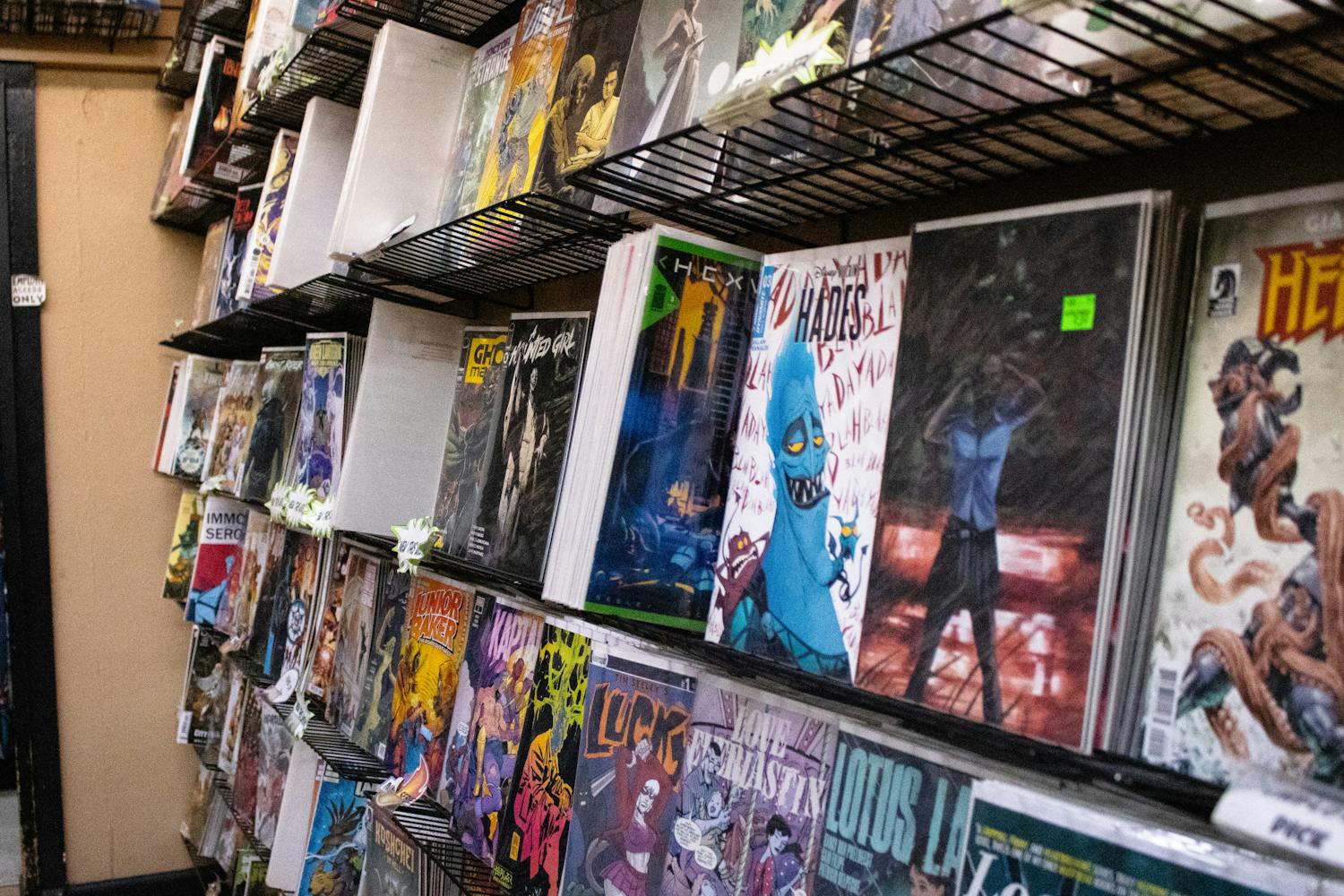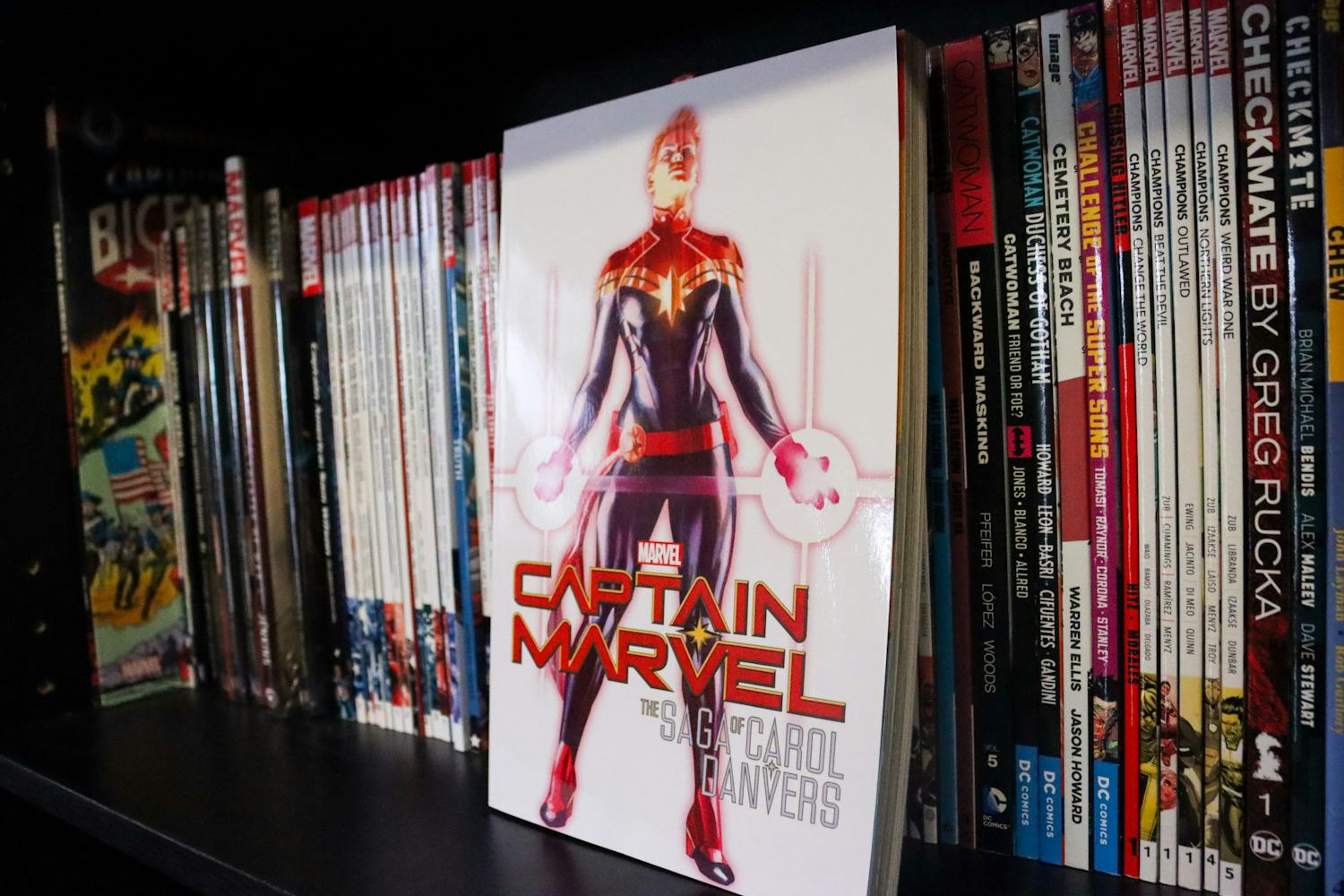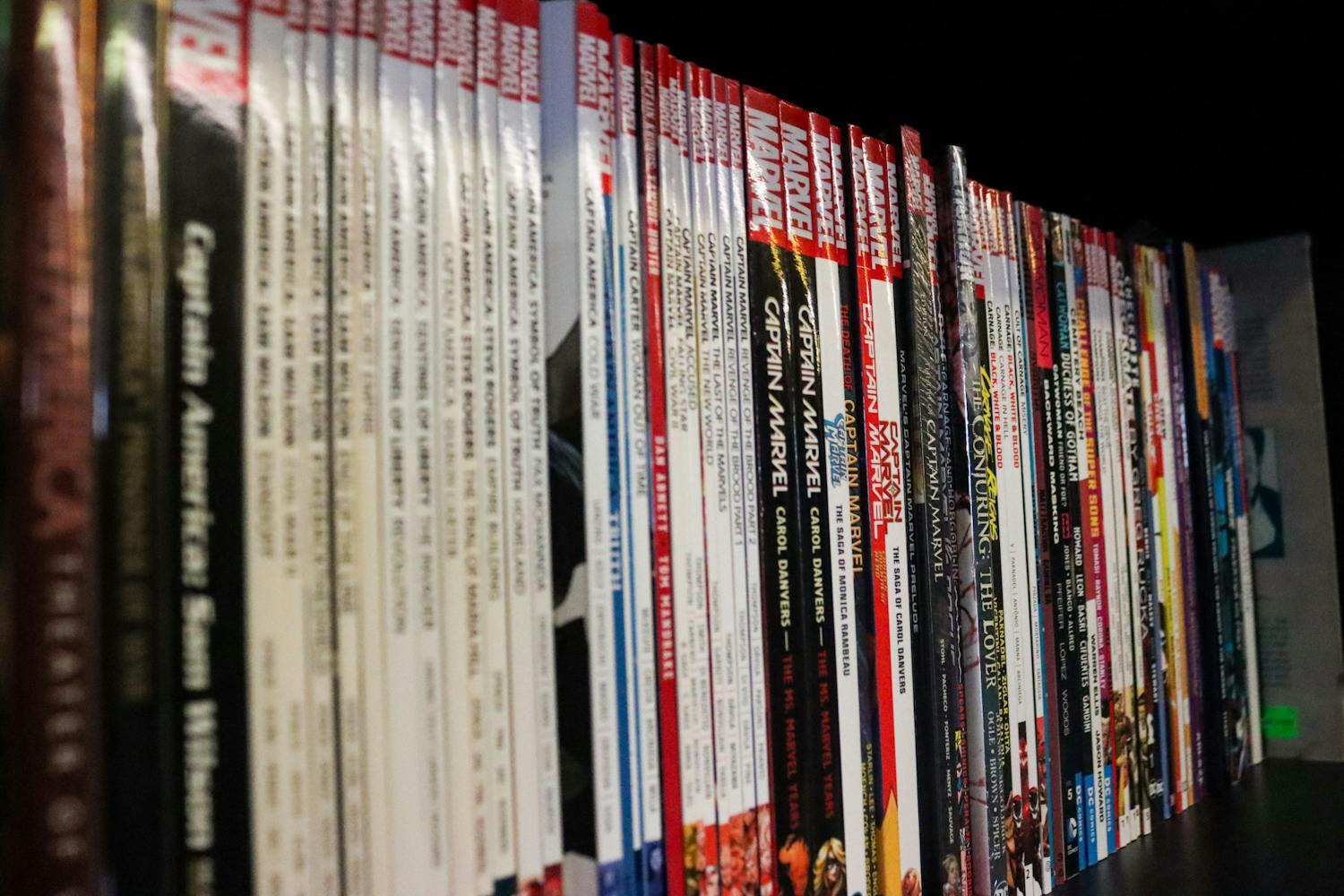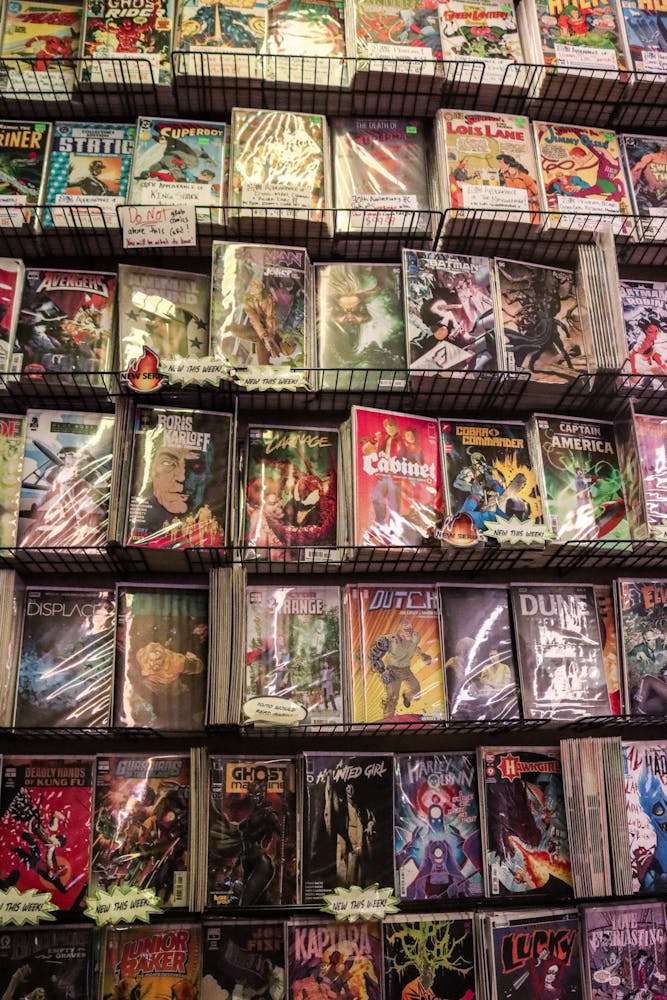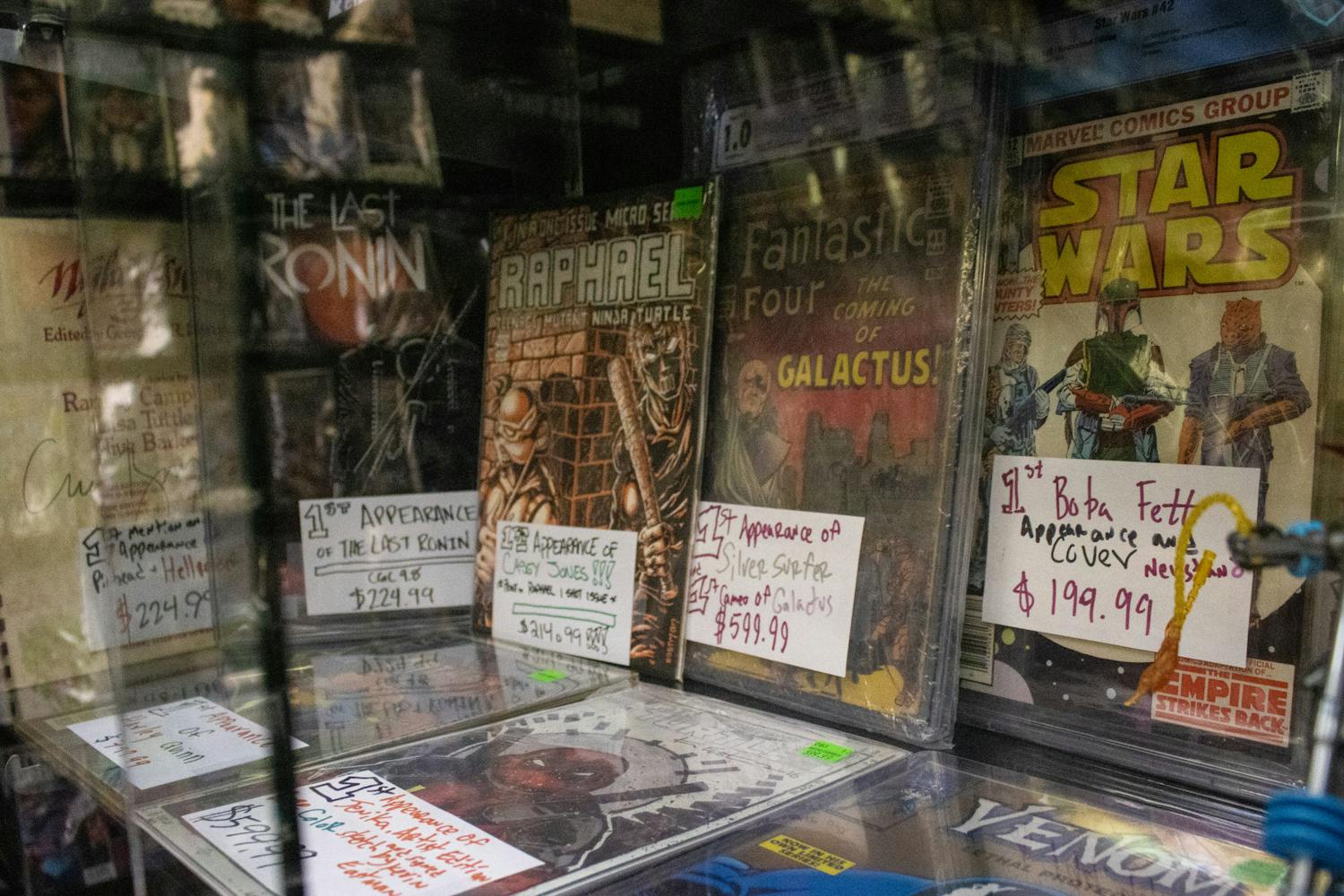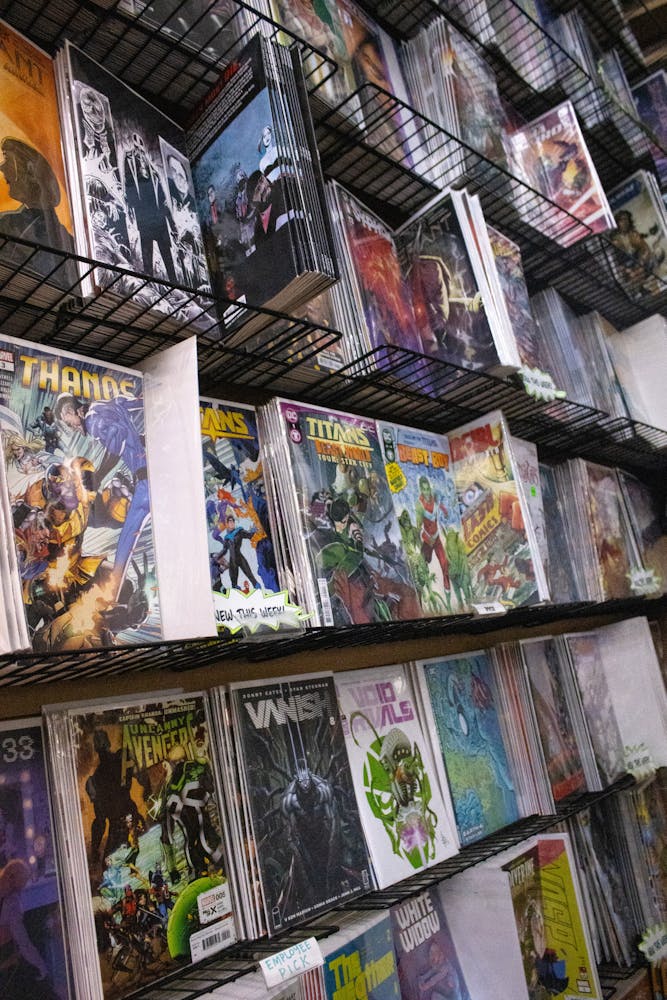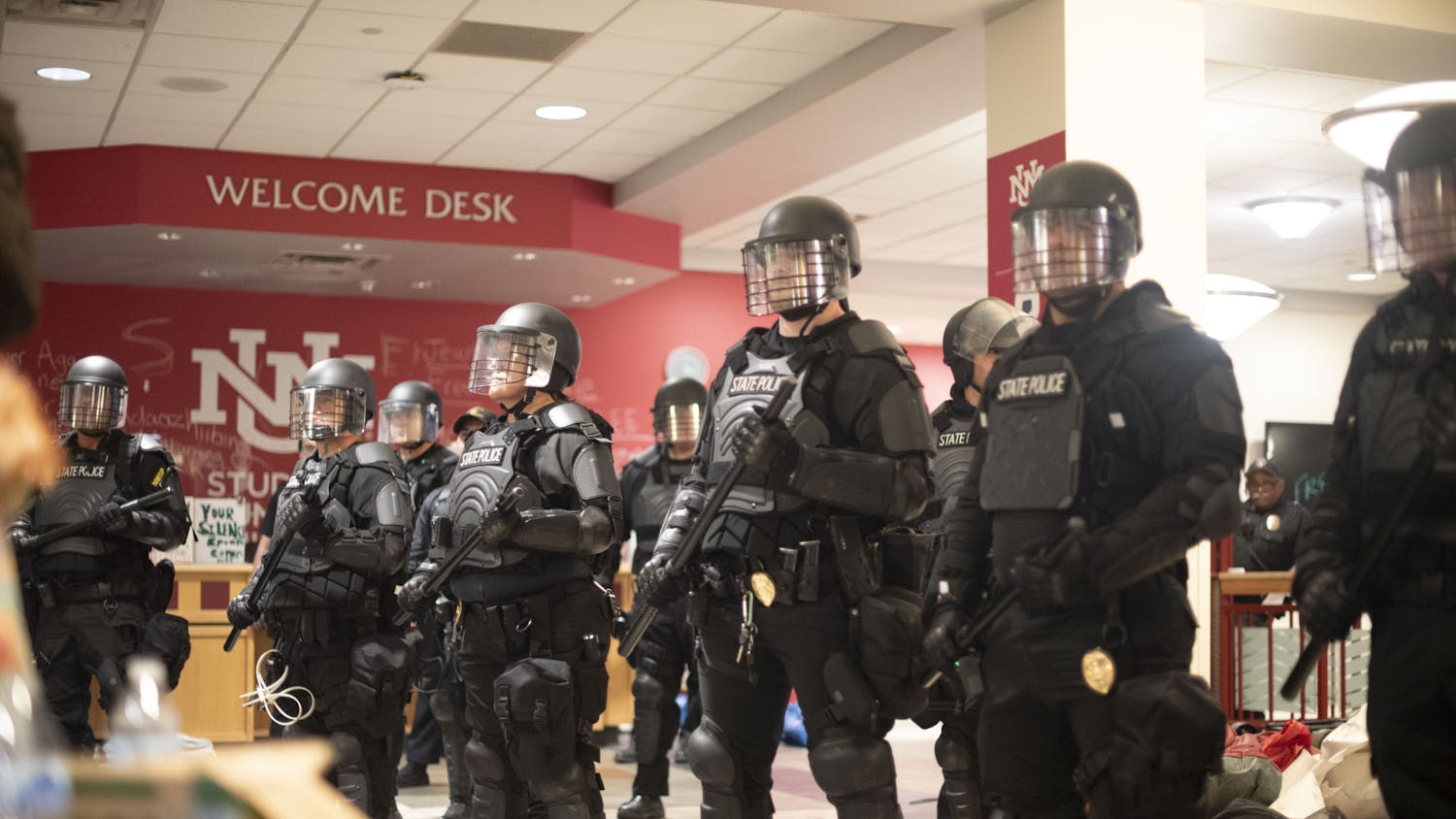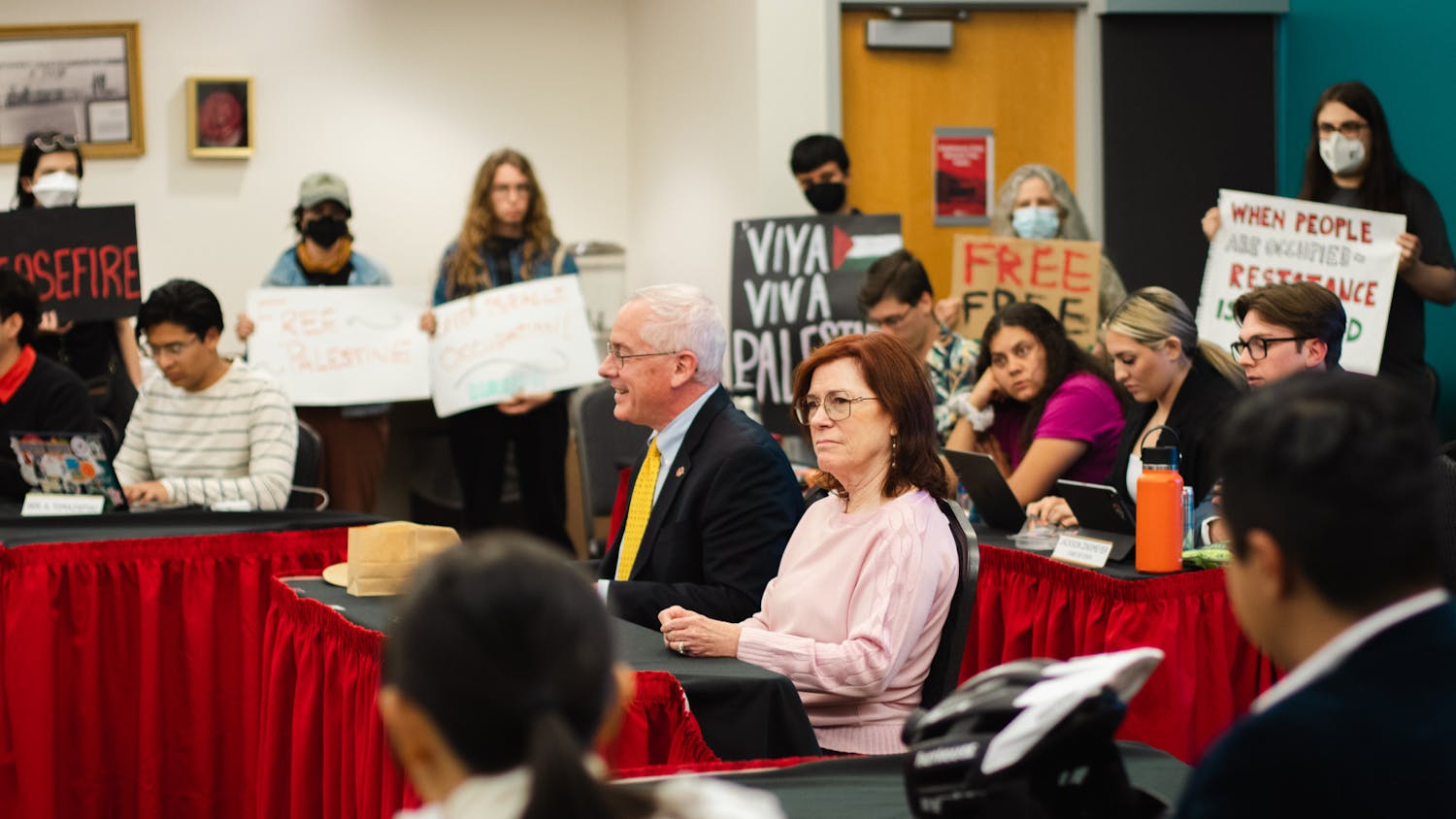The Marvel versus DC debate is as old as time, but when it comes to Black representation, scholars suggest independent publishers, writers and artists are the best source.
“Marvel and DC both pale in comparison to the independent, alternative and creator-owned comics scenes,” Jesús Costantino said – an associate professor of English at the University of New Mexico.
For a comic to have good Black representation, it needs to feature a Black character in a storyline written by Black writers that speaks to Black readers. This is not yet the norm in the industry, Costantino said.
“Does the industry have a healthy, varied, compelling, just and nuanced view of Blackness? That's the sort of question that might give an answer to whether or not representation is ‘good’ or ‘bad,’” Costantino said.
DC and Marvel have each tried to include more diverse characters, but their attempts have thus far been relatively unsuccessful. This is due in part to the Comics Code of 1954, Costantino said.
This code was created during a time of moral panic, and the industry worked to address concerns of violence and ultimately banned issues of racial and religious prejudice, which “reduced representation of nonwhite people,” according to Vox.
The Code has since been largely phased out, according to Bowling Green State University, but had worked to censor several aspects of comic books. Neither Marvel or DC have quite recovered from this, Constantino said.
“In addition to wiping out most of the comics industry in the US, the Comics Code also killed what had been a surprisingly diverse comics industry,” Costantino said.
With 800 - 1200 Black superheroes, only a few are within the mainstream universes, according to Finnie Coleman, an associate professor in the UNM English department and affiliate faculty with the UNM Africana Studies Department.
Coleman and Costantino argued that Marvel holds a marginal advantage over DC, given its commitment to several Black characters such as Storm or Miles Morales. Holistically speaking, Coleman said that indie comics have a much wider range of representation.
Chris Losack, the owner of Albuquerque comic shop Astro-Zombies, referenced Marvel’s Voices: Legacy – an initiative that features Black characters and creators. Other collections in the series include Pride, Heritage, Identity, Indigenous Voices and Comunidades. Each anthology features characters and creators of historically marginalized identities.
“The Marvel Voices is what we call an anthology, so there’s several stories within one comic book –little short stories – and they’re all by Black creators and artists. Typically, it’s about Black characters as well, but not always,” Losack said.
Get content from The Daily Lobo delivered to your inbox
Coleman spoke about racial biases when looking at various superheroes. It can be easy for a reader to judge a character who is named something like “Black Panther” or “Black Lightning,” Coleman said.
“I see Black as a naming convention that some people will find problematic because of the racial implications. The convention makes me chuckle. Just points out (how) deeply ingrained notions of race continue to be, even in fantasy,” Coleman said.
This naming convention can reflect back to the 1970’s “Blaxploitation” films that are controversial in the realm of media, Costantino said. Some have denounced them as racist while others praise them as symbols of empowerment. There was much sentiment that praised these films as a means of representation, but “critics and activists problematized the films for their apparent overreliance on violence, sexual content, and drug culture, according to Novotny Lawrence and Gerald Butters Jr. from The Journal of Pop Culture.
“These names always struck me as throwbacks to 1970s ‘Blaxploitation’ films. Most of these (comic) characters come out of the same era and out of a similar sentiment. Blackness is treated much like gender when it comes to naming superheroes,” Costantino said.
It is not enough to simply include Black characters in storylines, though good representation comes down to the stories told, Coleman said.
“Good representation means having writers, characters, villains and heroes – storylines that cater to a Black scopophilic gaze,” Coleman said.
Arly Garcia is a freelance reporter with the Daily Lobo. She can be reached at culture@dailylobo.com or on Twitter @DailyLobo


